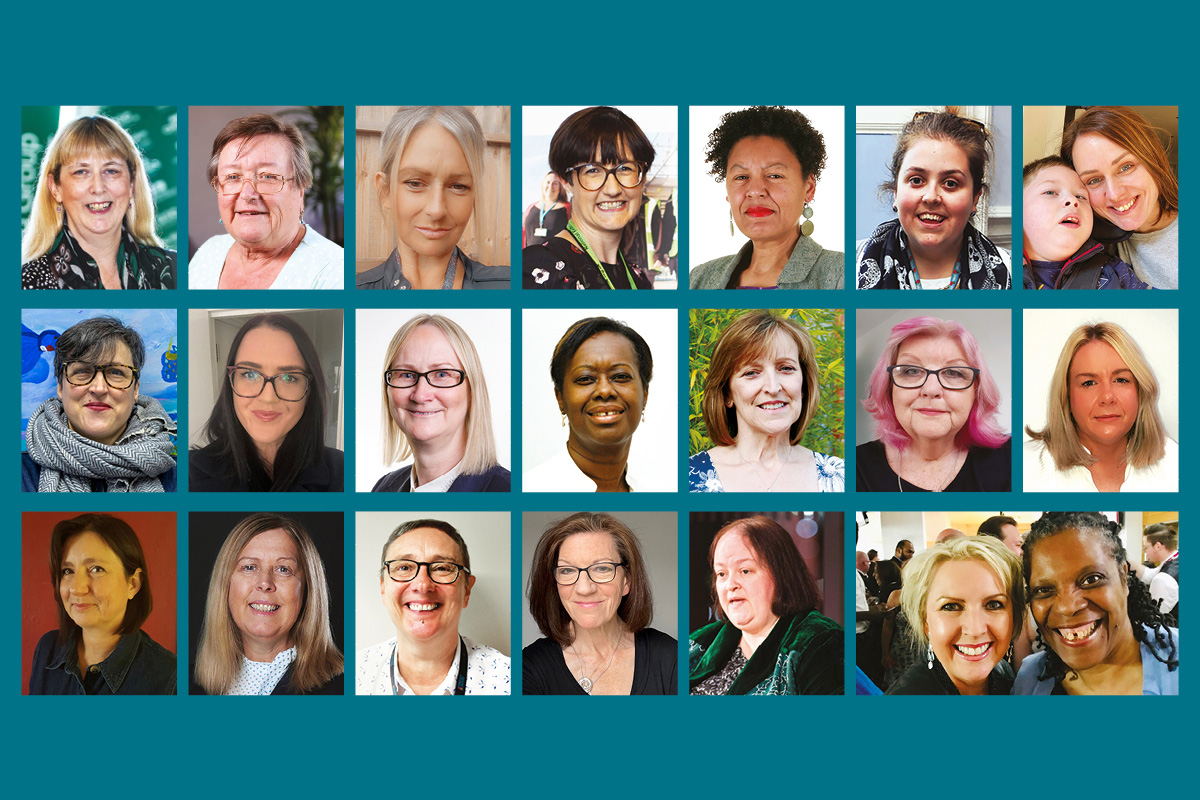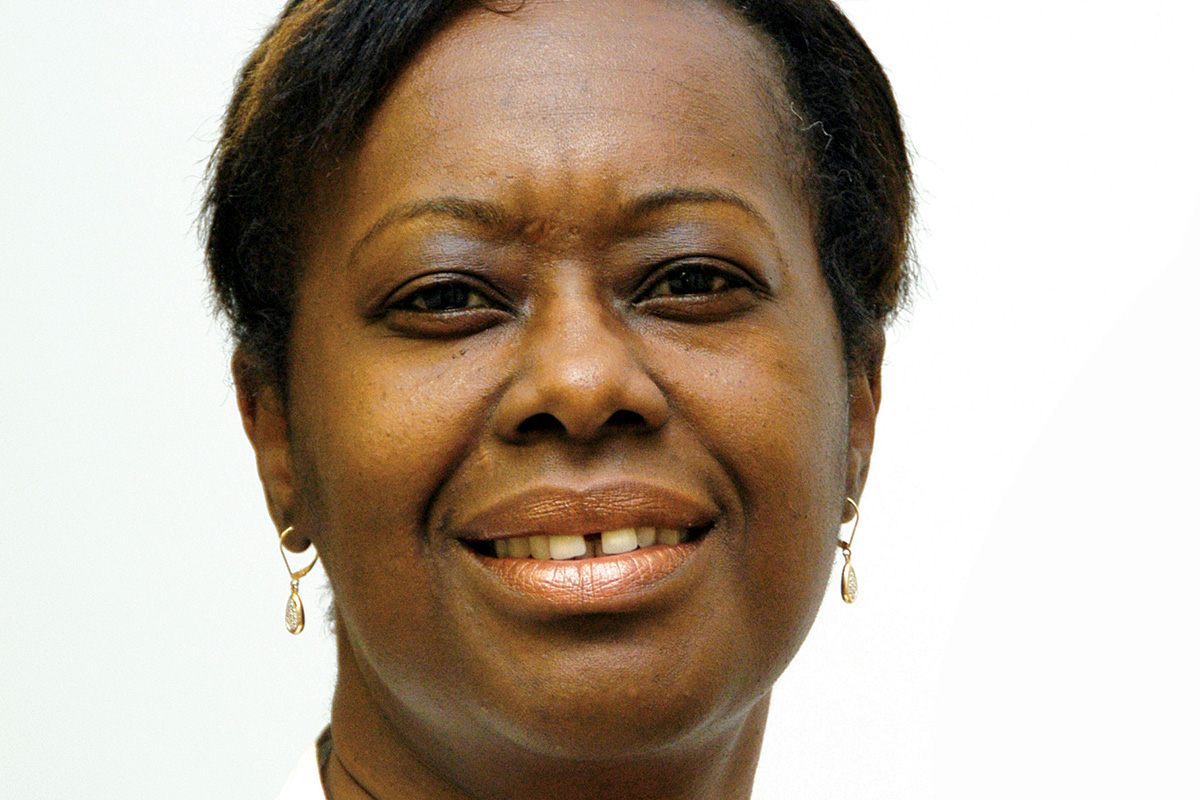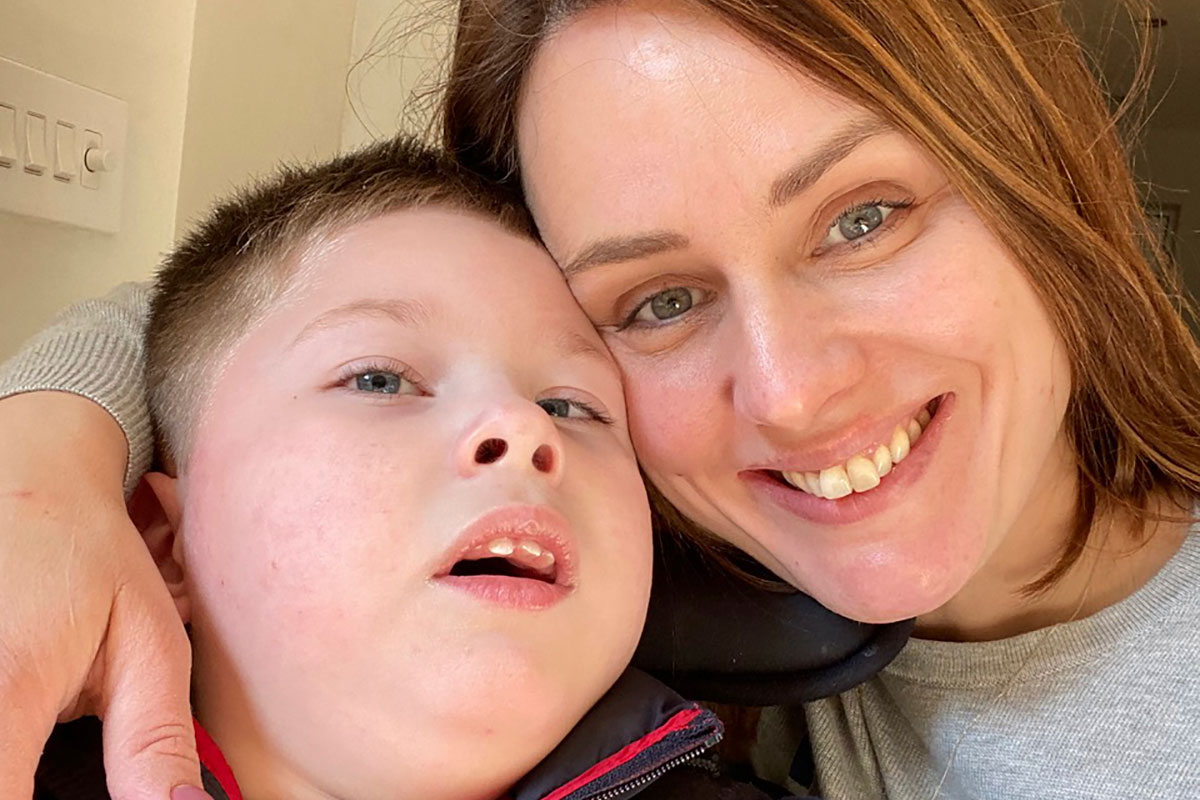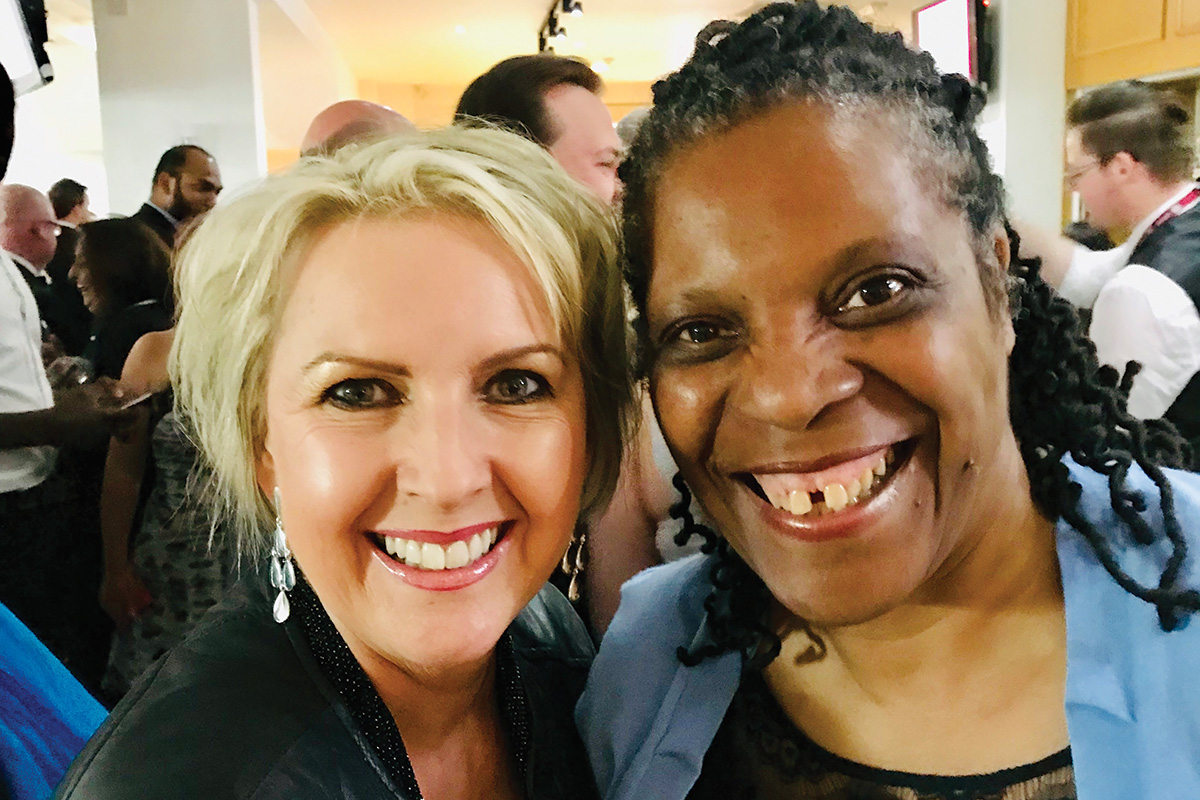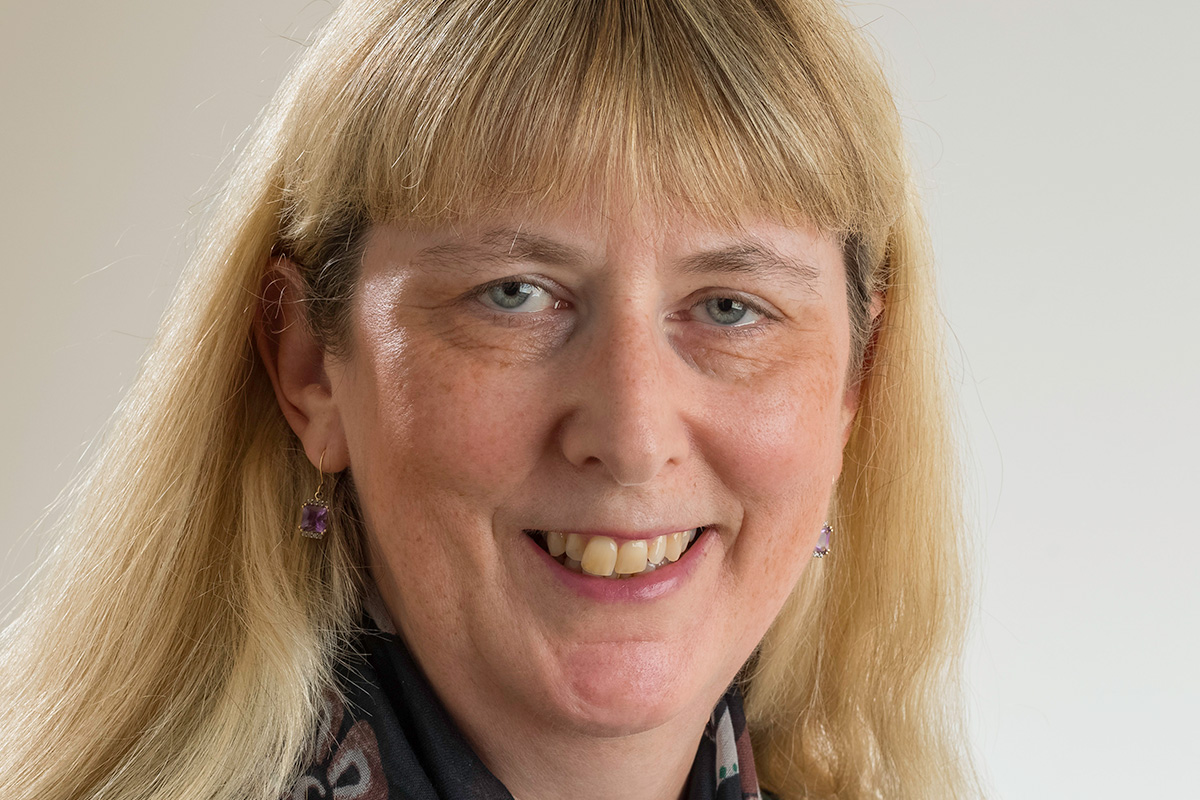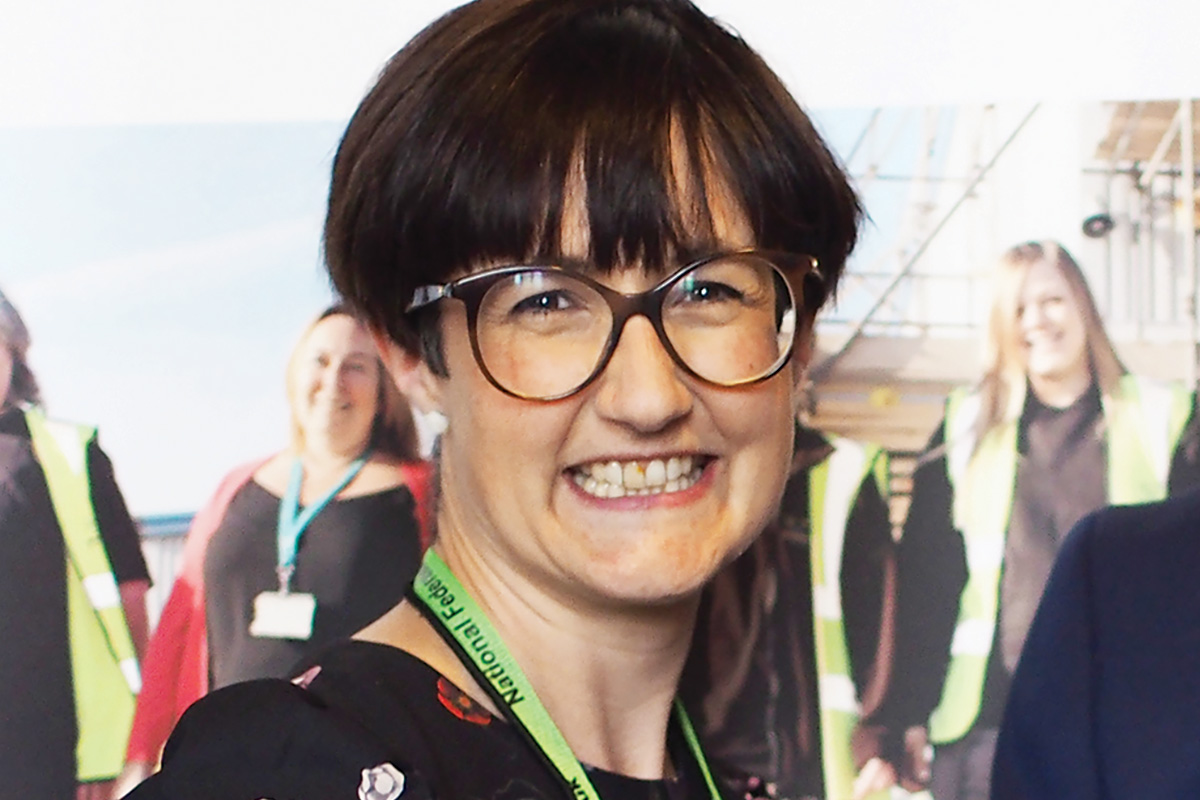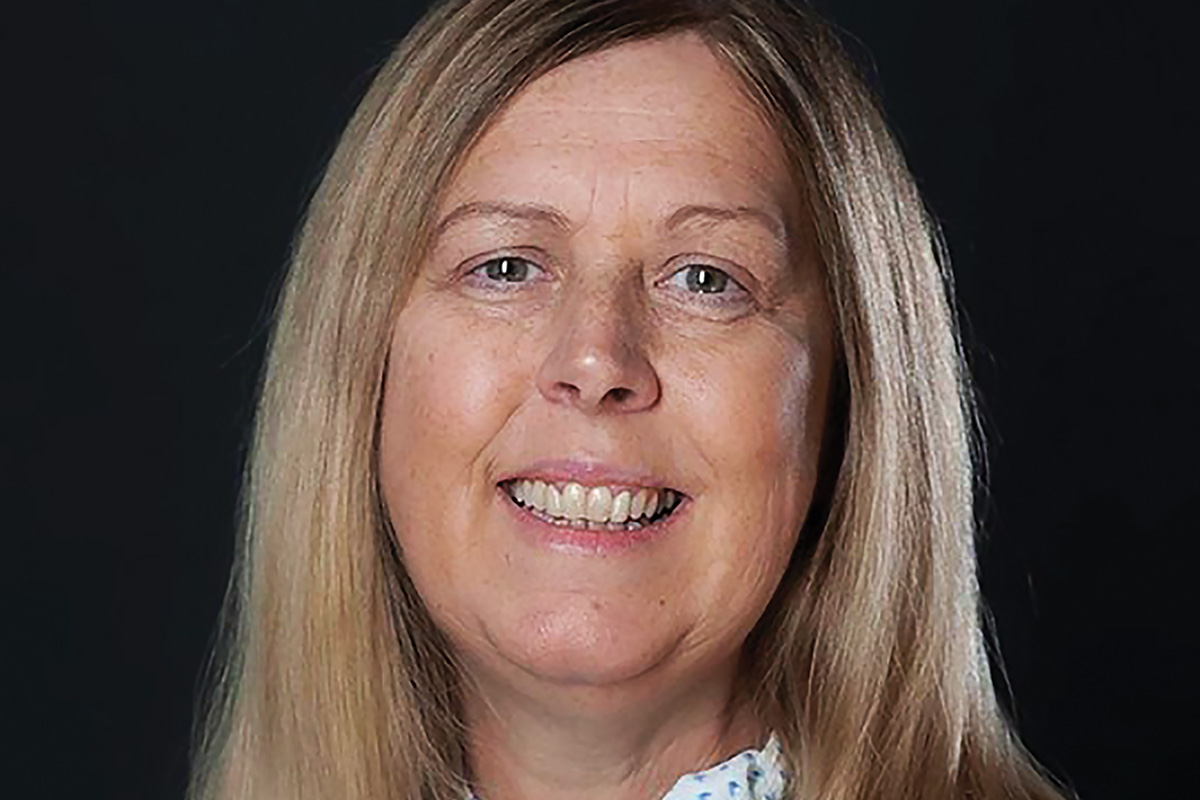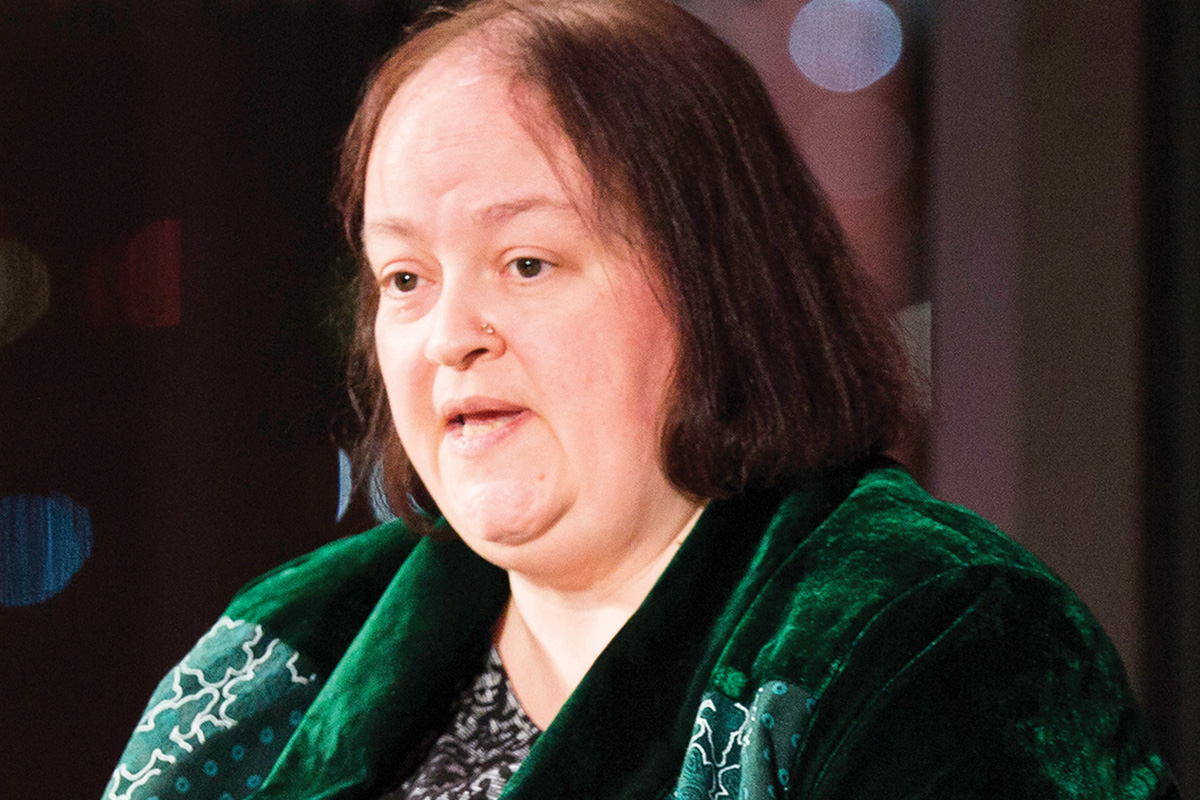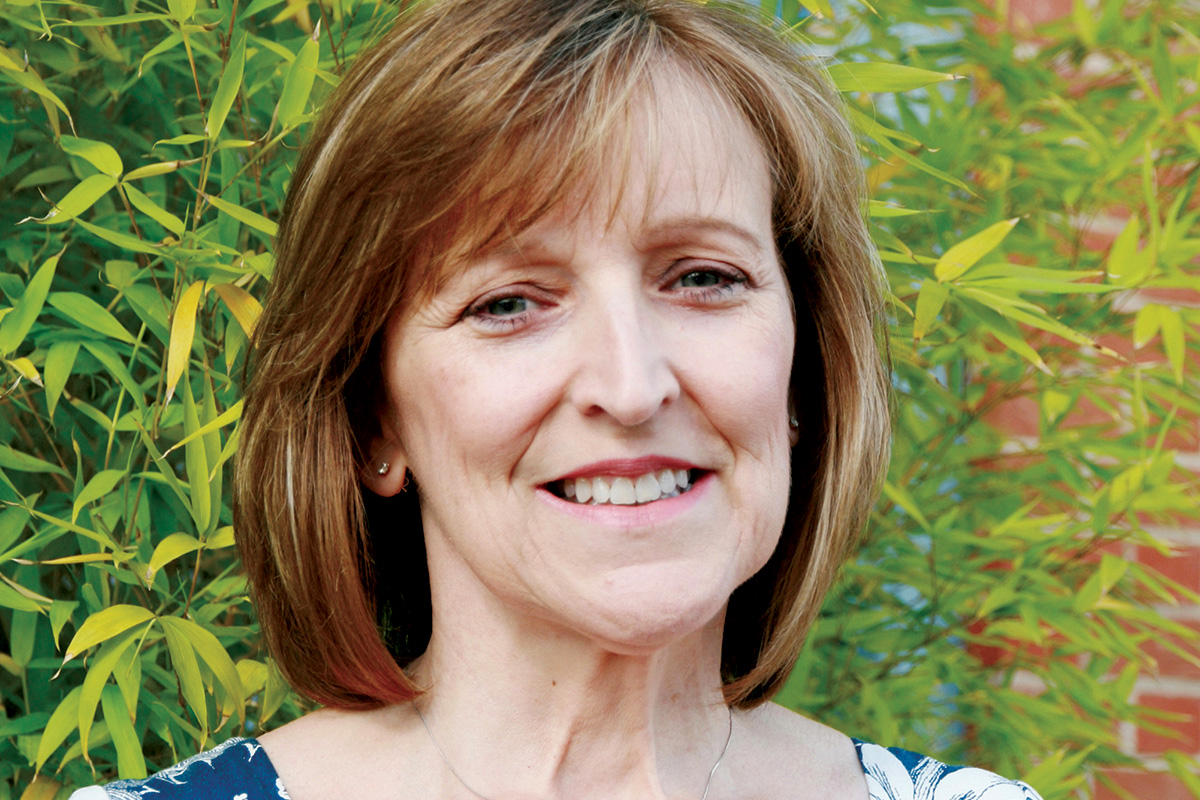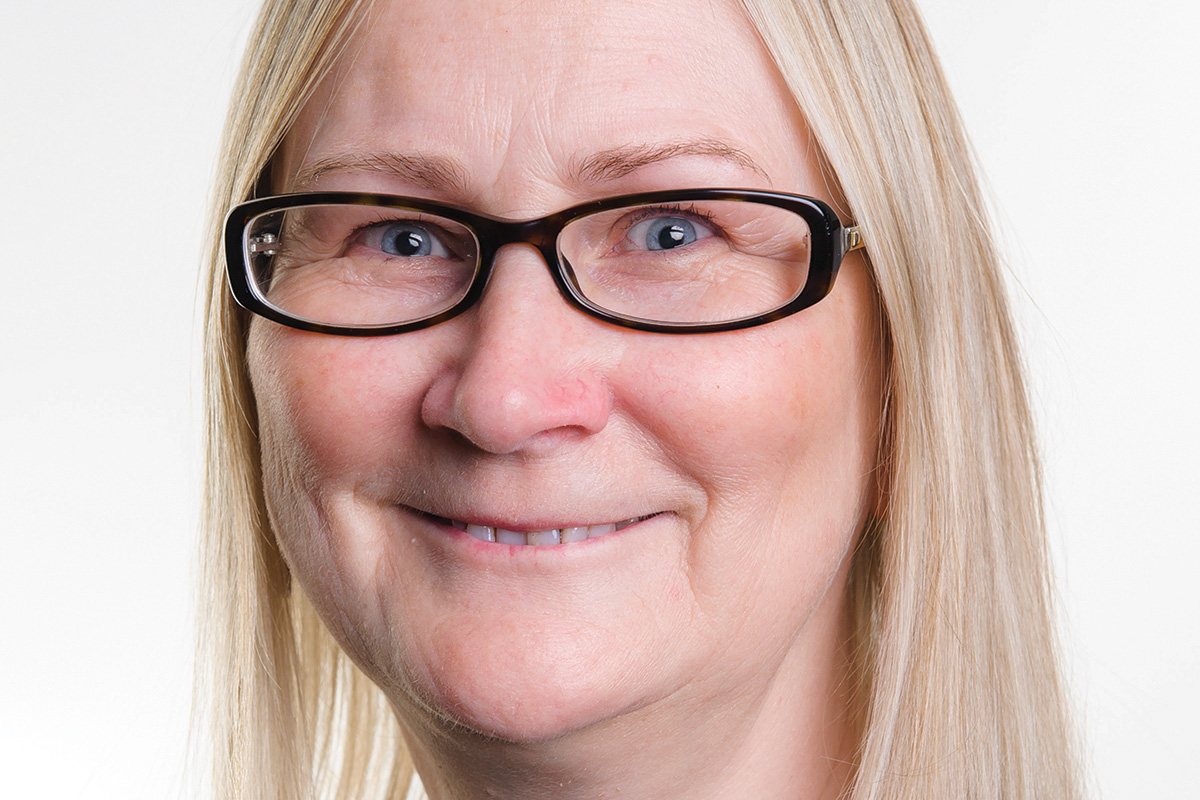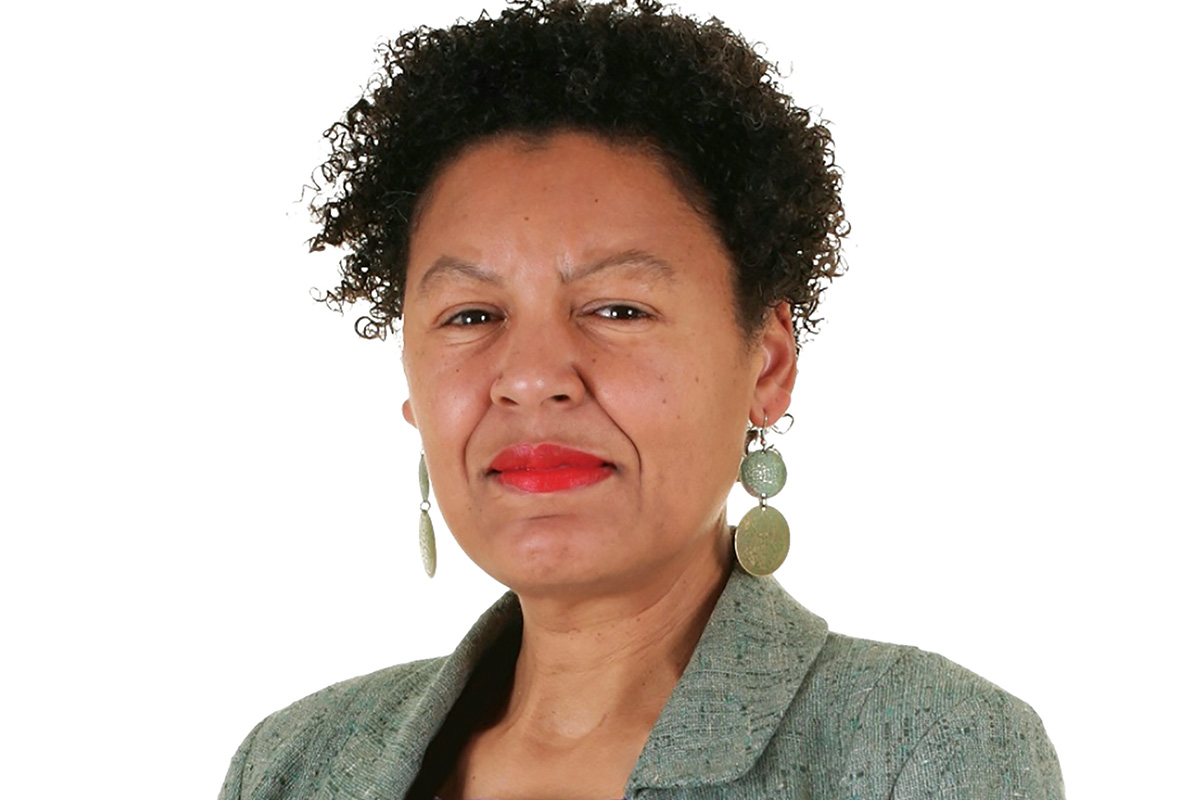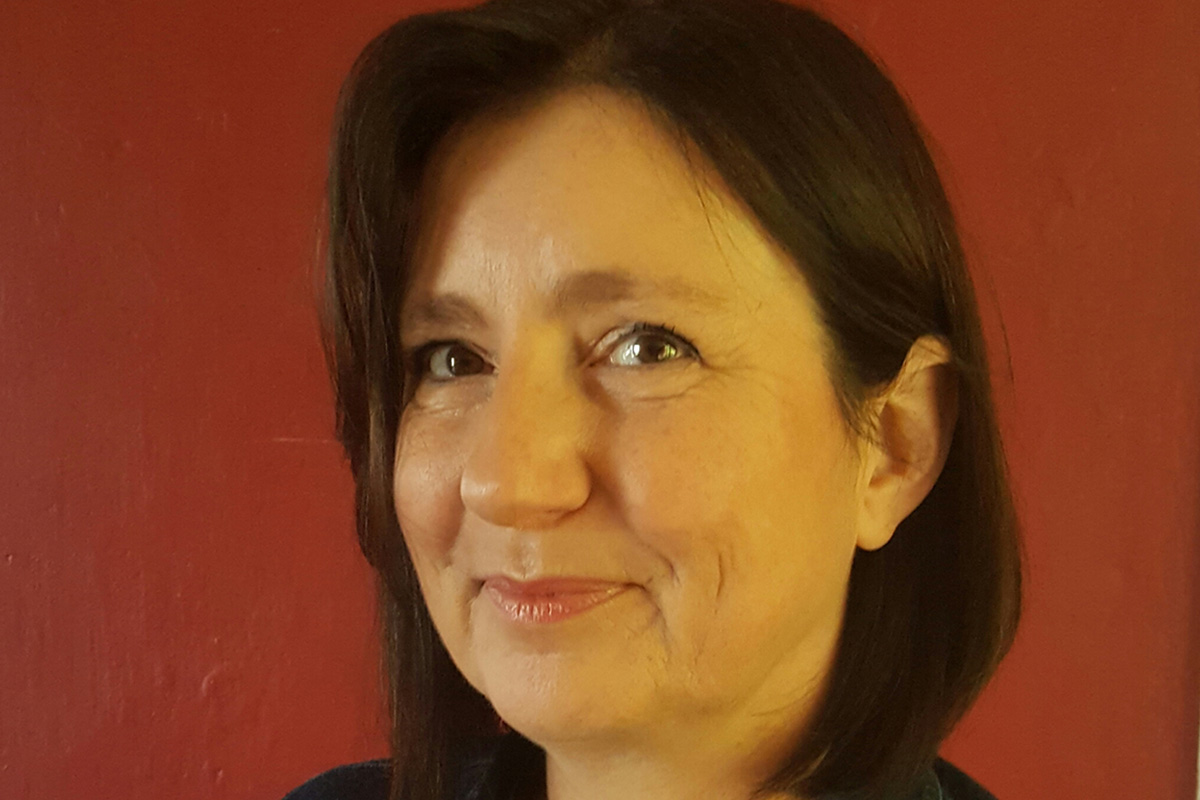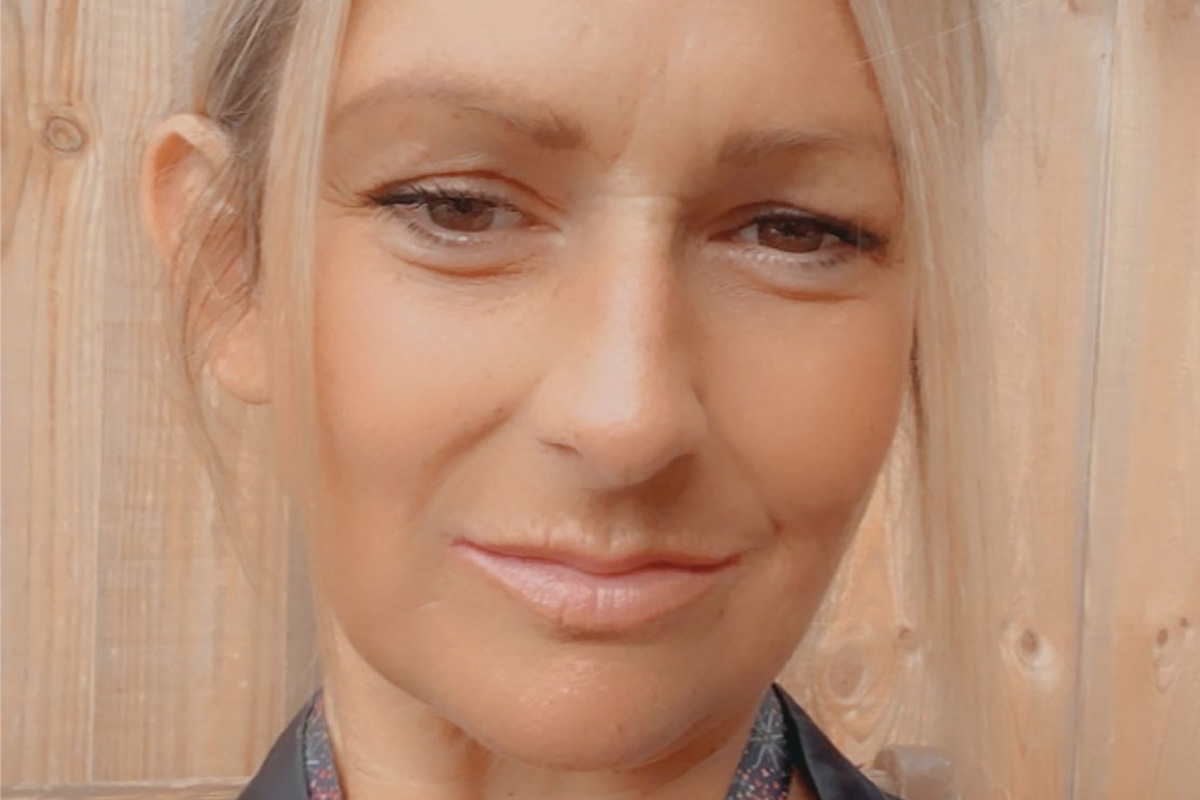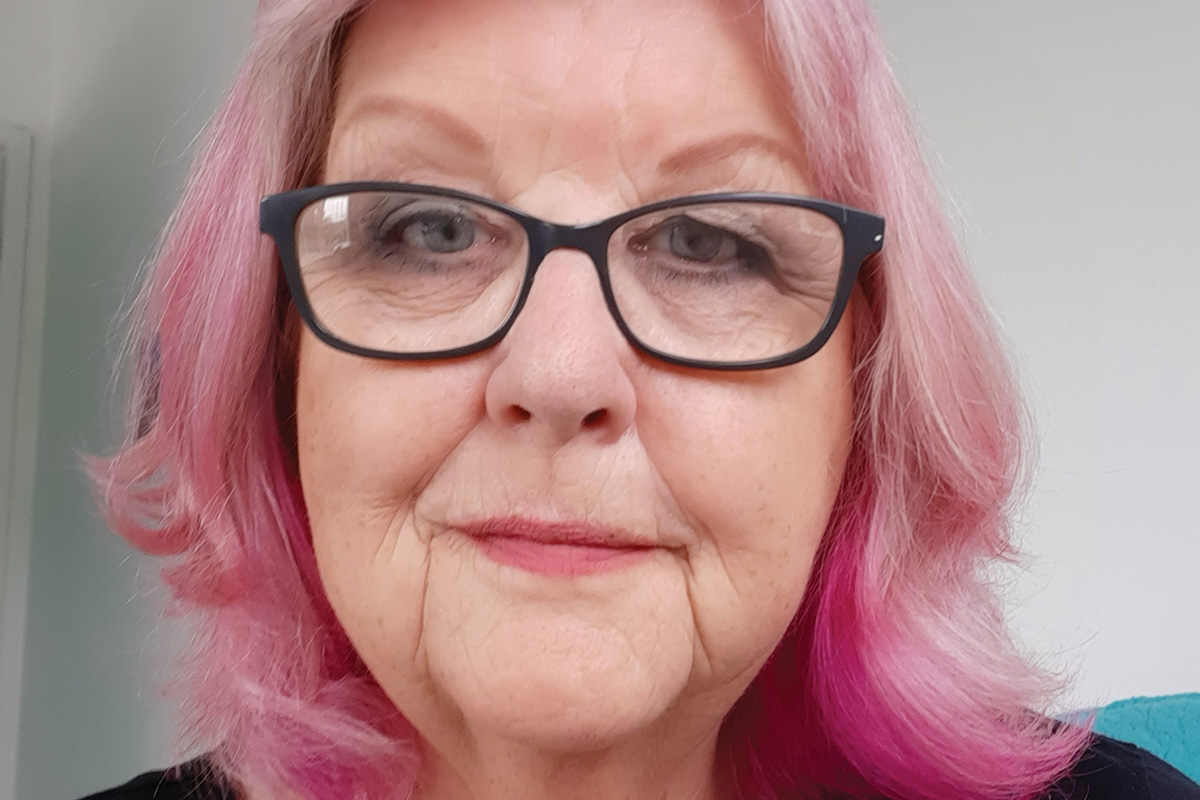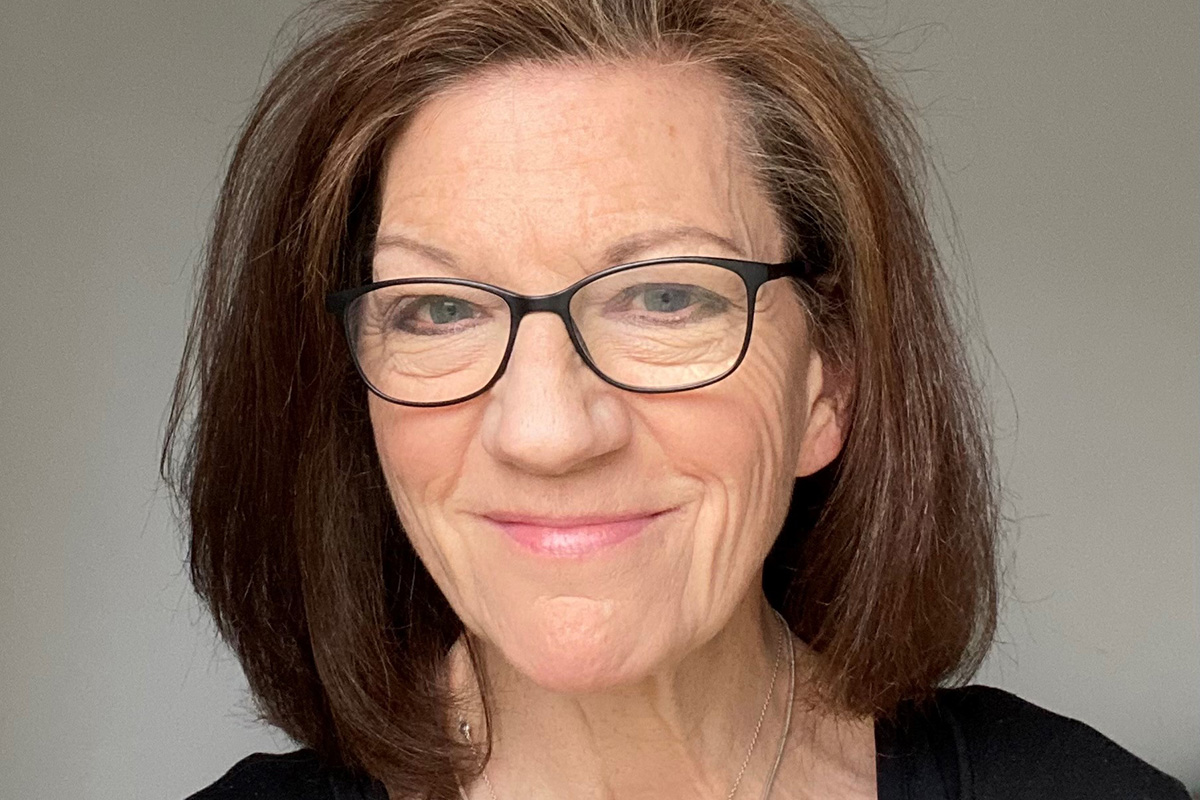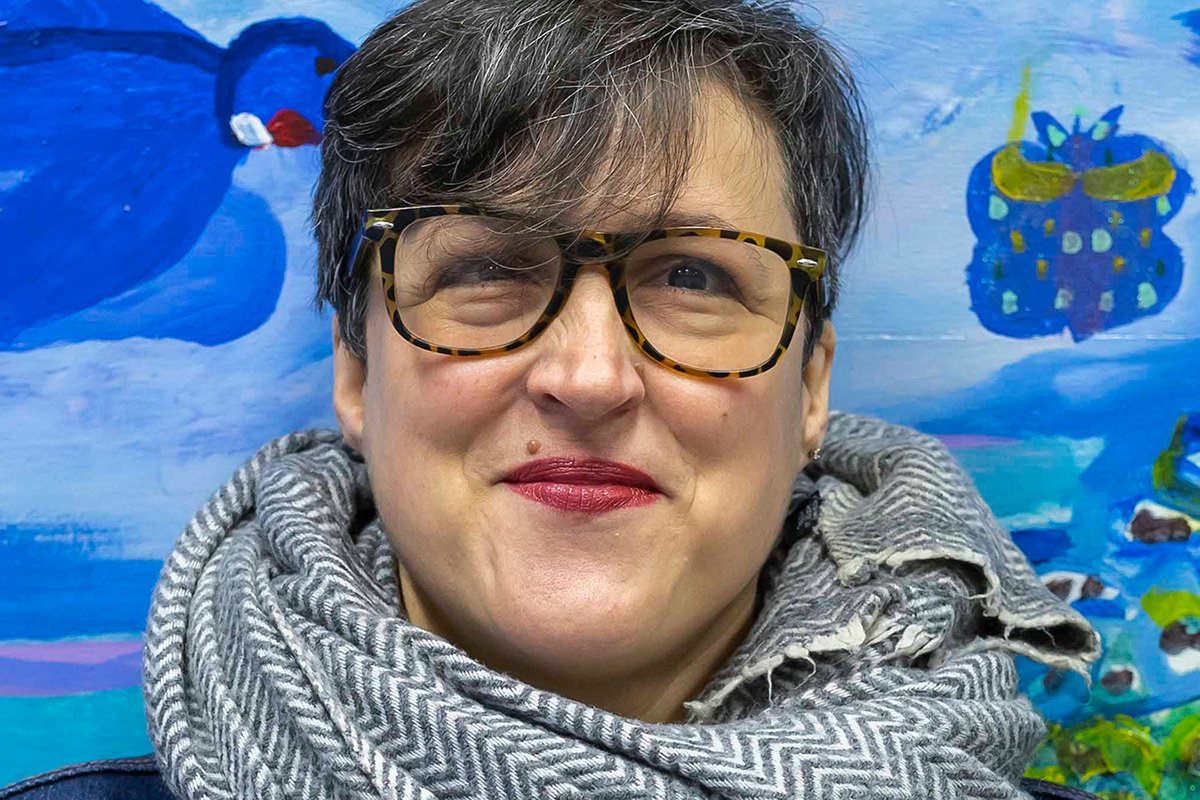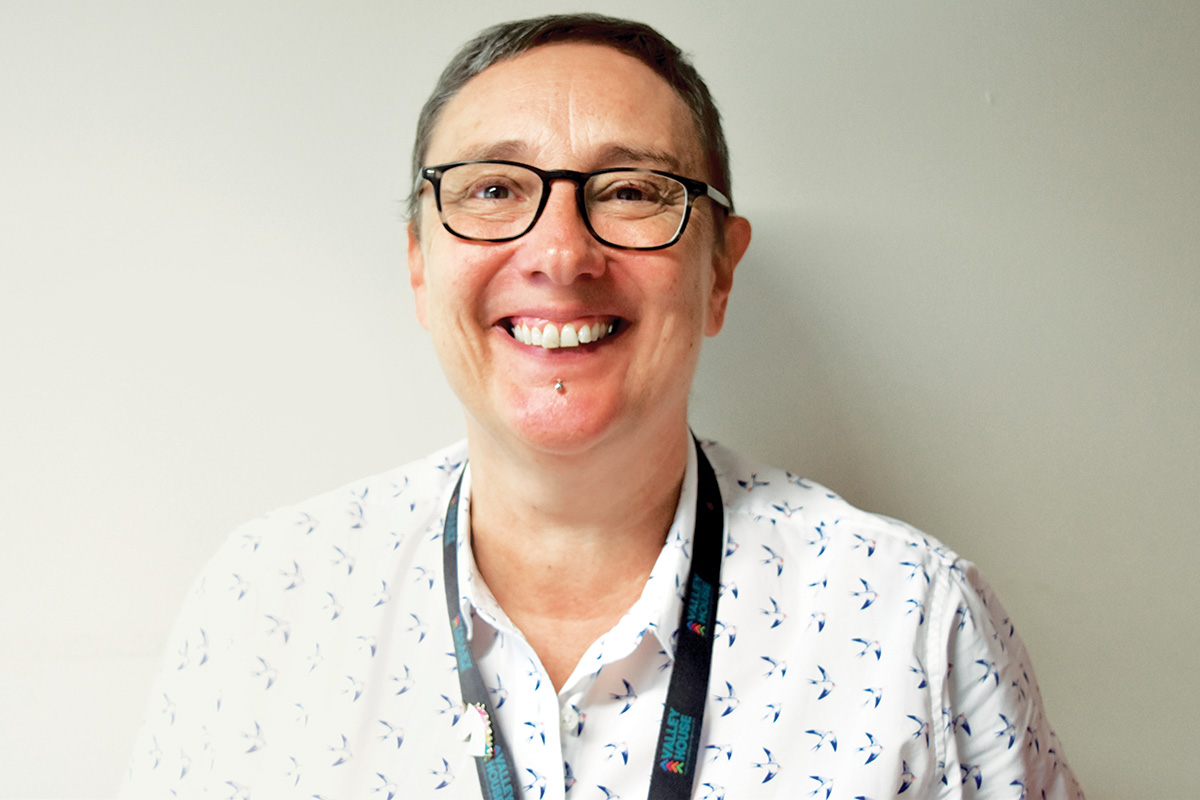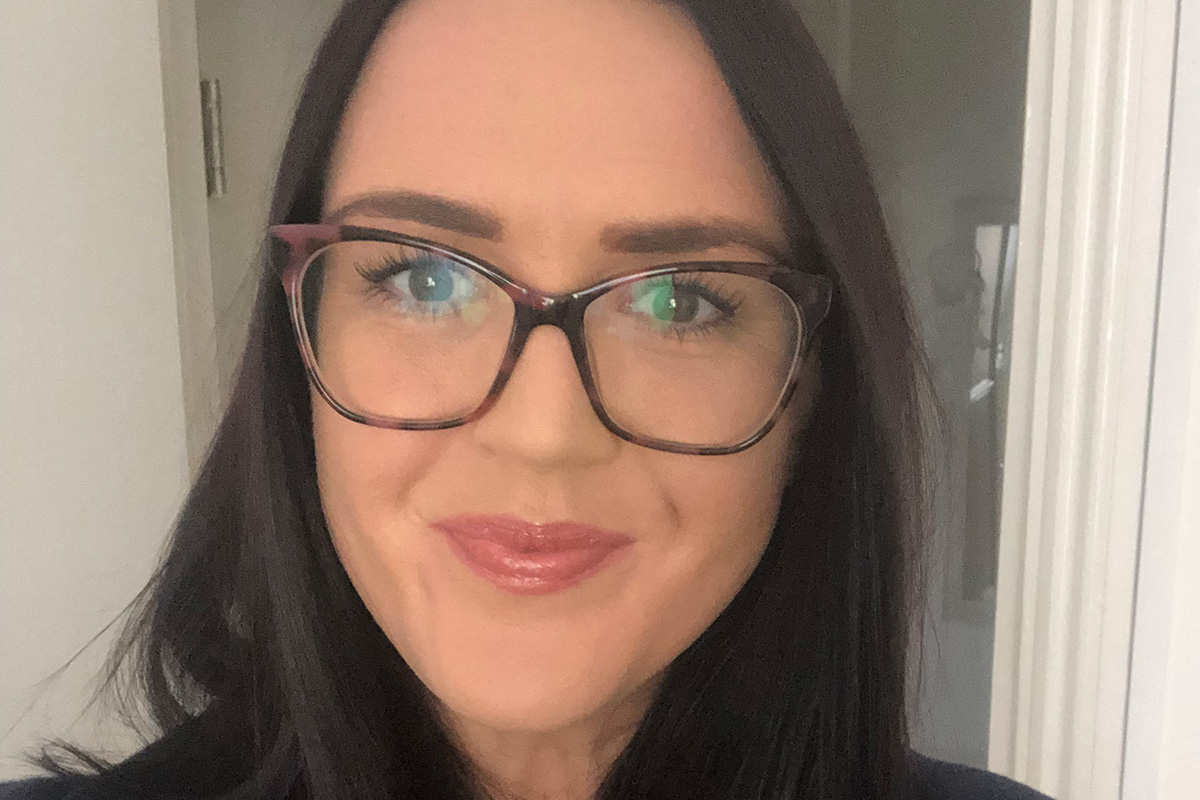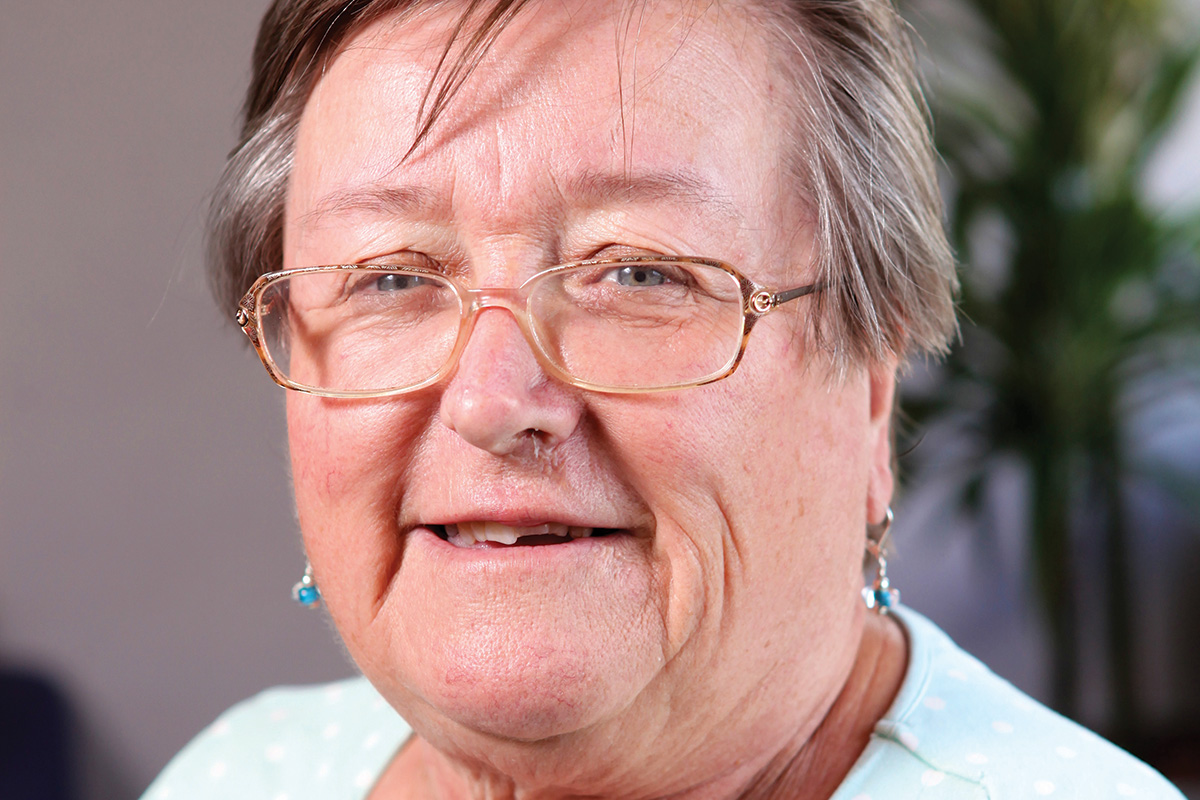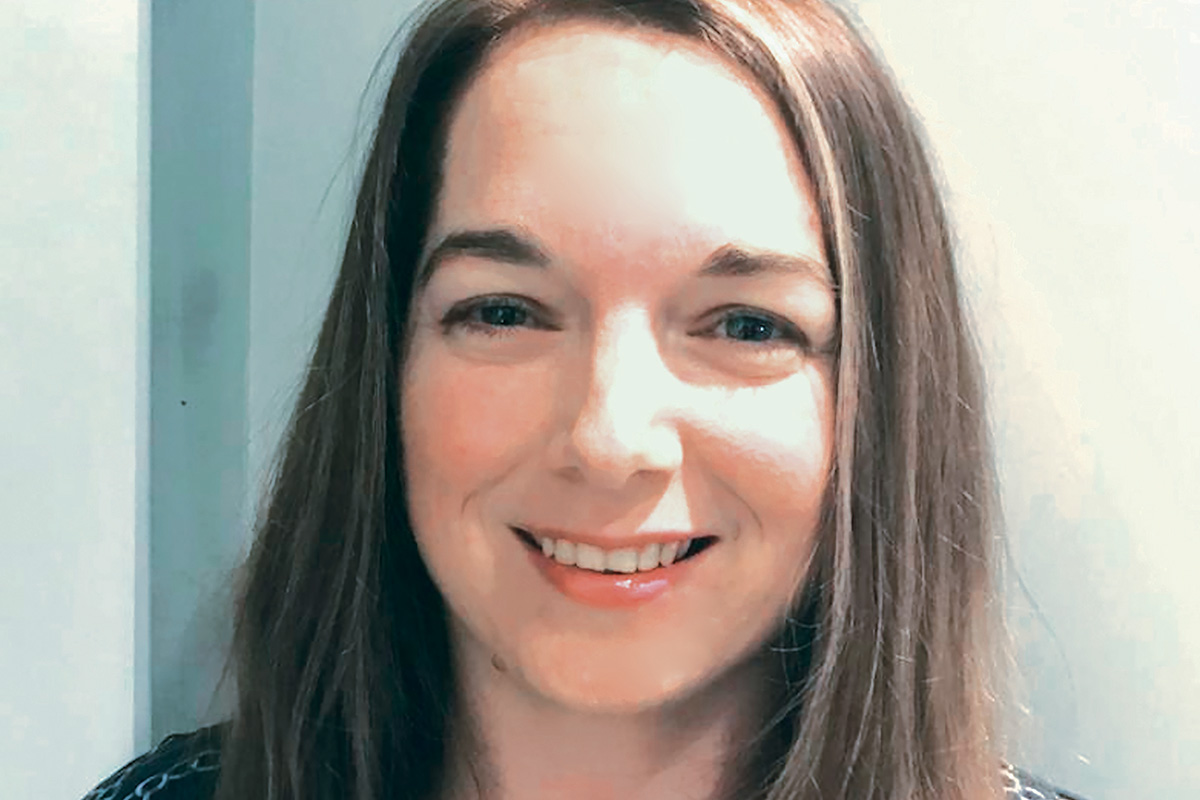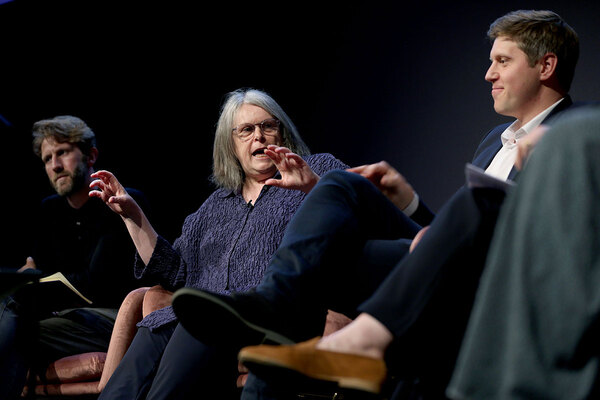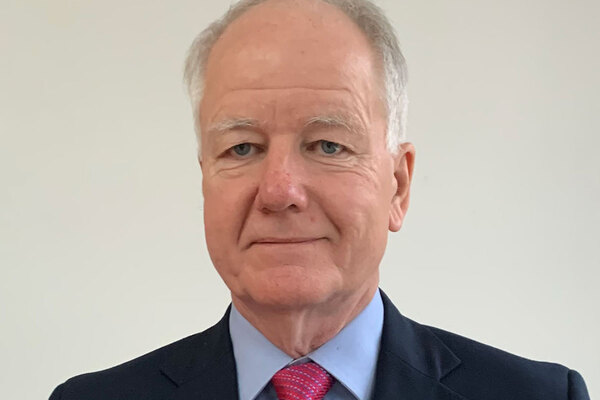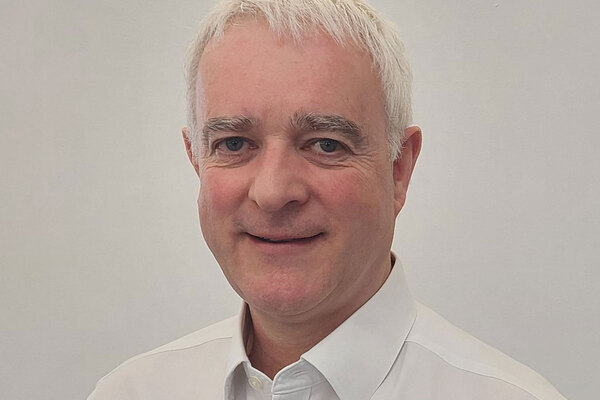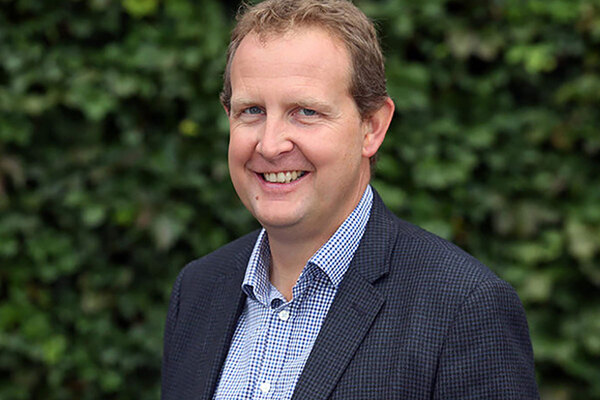You are viewing 1 of your 1 free articles
Women in Housing: Leaders 2020
Meet 20 extraordinary women who are making waves in the social housing world
Introduction
You are going to meet 20 extraordinary women. They have been chosen for their leadership role in housing by a panel of judges that is itself made up of some of the most influential women in the sector.
It was an incredibly difficult task to narrow down this list from the more than 350 entries, many of which were of an exceptionally high calibre.
What can we learn from these women? First off, leadership doesn’t look like any one thing or any one sort of person. What follows is not a selection of 20 chief executives or 20 well-known names, although some fit that bill.
Secondly, women are still under-represented in housing’s most senior – and most well paid – jobs. That goes doubly so for Black, Asian and ethnic minority women in housing. But within the sector, there are women leaders who are making a huge difference and using their leadership skills to enact real change.
The women in this list are at many different points in their career and work in all sorts of roles in different parts of the housing world. They are working in tenancy sustainment and in policy, with homeless people and in asset management, in councils and in housing associations, in large organisations and in small ones. They are chief executives, chairs, tenants and managers. Many have set up completely new services, meeting needs that were previously not catered for.
But they are all leaders, bringing their expertise and passion to bear to drive the sector forward, address the UK’s dire housing crisis, and work to the benefit of communities.
Jess McCabe, deputy editor
Jayne Adamson, tenancy sustainment manager, Believe Housing
As tenancy sustainment manager for Believe Housing, Jayne has already gone above and beyond in helping people who are often in very difficult situations. But it was her voluntary role as Believe’s corporate safeguarding and suicide support network lead that especially caught our judges’ eyes.
The network helps tenants who are thinking of taking their own lives and under Jayne’s leadership, it has supported more people than ever before – 33 people in the first three months of 2020 compared to 43 across the whole of the previous year.
Her care also extends to her colleagues. During the pandemic, she arranged socially distanced catch-ups to ensure staff’s well-being remained strong.
As the person who nominated her put it: “The effect on people’s lives of the caring and listening of people like Jayne is something we should all be extremely grateful for, and it often goes unnoticed.” No more.
Gina Amoh, chief executive, Inquilab, and former chair, BME London Landlords
During her three-year term as chair of the 14-strong BME London Landlords, Gina strove to shine a light on diversity and promote greater representation across the sector. Notably, she created the Leadership 2025 project, a nine-month training programme for senior Black, Asian and ethnic minority leaders.
Gina began her own career in the sector some 30 years ago. She took up the top job at Inquilab in 2001 and has driven changes there that our judges also felt worthy of recognition.
As one of our panel put it: “She’s great and I don’t think she’s had the recognition she should have.”
Her inclusion in Women in Housing: Leaders 2020 hopefully begins to address that.
Hayley Charlesworth, founder, Harry’s Pals
Our judges’ response to Hayley’s nomination was immediate and unanimous – she just had to be one of the 20 women celebrated as part of Women in Housing: Leaders 2020.
Hayley is the founder of Harry’s Pals – a trust that provides a counselling service to parents of disabled children – and more recently the creator of the Harry’s Pledge campaign.
Named after her five-year-old son Harry, who has quadriplegic cerebral palsy and other complex needs, the trust is asking the social housing sector to commit to support carers and increase the delivery of accessible homes.
The project only began in June, but thanks in no small part to Hayley’s passionate campaigning and willingness to share her own family’s experiences, the pledge is one that several housing associations and national bodies have already made – including the National Housing Federation, PlaceShapers and the Chartered Institute of Housing.
“I think she’s done some tremendous work,” one of our judges said. “She’s having a massive impact.”
Evie Copland, stakeholder relationship manager, Dumfries & Galloway Housing Partnership, and chair, CIH Futures
“An absolute star”, “phenomenal”, “enthusiastic, kind, generous” – these are just some of the ways in which our judging panel described Evie.
A finalist in the 2016 Chartered Institute of Housing (CIH)/Inside Housing Rising Stars competition, Evie has galvanised young people who work in housing and shows a constant willingness to share her expertise with others. As chair of CIH Futures, she works to attract members to the new organisation and create a profession that is representative of the communities it serves.
That is all alongside her day job as stakeholder relationship manager at Dumfries & Galloway Housing Partnership.
She also has a voluntary role as chair of the Midsteeple Quarter project in Dumfries, the aim of which is to redevelop the centre of this Scottish town. It is something particularly close to Evie’s heart, given she describes herself as a “proud Doonhamer” – she grew up in a council housing scheme just on the outskirts of Dumfries, something she says imbued her with a particularly strong understanding of the value of social housing.
As one of our judges concluded: “If everyone were more like Evie, the world would be a better place.”
Nicola Dibb and Debra Constance, co-founders, Wish
It is two decades since Nicola Dibb (left) and Debra Constance (right) set up Women in Social Housing (WISH), a network that champions and connects women who work in housing. Initially a small group based in London and focused on networking events, it now has more than 500 members and its regional hubs cover the entire country.
In the past 18 months, it has become a formal community interest company with a stated dedication to attracting new female talent to the sector, supporting the progression of women once they are in a role in the sector, as well as reducing the gender pay gap.
Our panel felt not only that Debra and Nicola deserved celebration as individuals, but that WISH itself deserved recognition “as an organisation that has done so much over the years”.
Alison Fisher, non-executive director, The Wrekin Housing Group
“Alison,” said the person nominating her, “is not just another board member.”
Yes, she was instrumental in helping Wrekin back to ‘G1’ status. Yes, she simplified organisational monitoring and improved audit and risk procedures.
But more than that, she uses her experience to inspire others, champion issues and make positive change.
Her nominator says she “is always conscious that the decisions made in the boardroom – the projects, the strategies and the stress-testing – need to deliver for the customer first”.
That means she frequently sees both customers and staff. Shortly before lockdown, she was the last person in the room at a customer event, keen to get to know people better and hear their views.
“What really struck me is just how visible and active she is,” one of our judges said. “She doesn’t take her position as being just a board member, sitting in an office or in virtual meetings – she’s been really on the frontline and that truly makes her stand out.”
Chloe Fletcher, policy director, National Federation of ALMOs
Those who have most influence over social housing policymakers are often those who hail from large membership organisations. Chloe is an exception to the rule. The National Federation of ALMOs is small but widely seen as punching significantly above its weight – in no small part because of its policy director.
Chloe is a trusted expert on issues such as employment, building safety, building management, homelessness, governance and Universal Credit, and is consulted regularly by civil servants from many government departments, including the Treasury.
“The sector’s residents, organisations and allies could not wish for a more effective ally,” the person who nominated her told us.
Our judges agreed. One said: “She’s professional, she’s knowledgeable and she gets things done.”
Kelly Henderson, co-founder, Domestic Abuse Housing Alliance
For Kelly, addressing the stark reality that 68% of femicides take place in women’s own homes has been a key focus – and she’s credited with helping organisations go beyond merely talking about a commitment to preventing domestic violence to taking concrete action.
It was in 2014 that Kelly co-founded the Domestic Abuse Housing Alliance, a partnership between Standing Together Against Domestic Abuse, Peabody and Gentoo. The aim was to improve the housing sector’s response to domestic abuse. Two years later, it launched an accreditation scheme that is now considered the gold standard on addressing the issue.
“Having that accreditation process has taken people beyond worthy conversations about domestic abuse to actually assessing whether or not housing organisations are doing what they say they’re doing about domestic abuse,” said one of our judges.
As another put it: “Her contribution towards standardising the approach to domestic abuse across the whole sector has been incredible. She’s incredible.”
Lisa Hilder, trustee and treasurer, Hull Women’s Network
There were many reasons that our panel wanted to include Lisa among Women in Housing: Leaders 2020, but a key one was that they felt her work could be a real inspiration to others.
In her role at Hull Women’s Network (HWN) – which she carries out in an entirely voluntary capacity – Lisa has pioneered new models of safe housing for women and children fleeing violence and abuse, as well as securing the funding to make them a reality.
She’s raised £20.1m of funding for women’s services in Hull. That includes a recent £5m investment that will enable HWN to add 75 properties to its portfolio and broaden its services to include crisis and move-on accommodation.
By creating the Surviving and Thriving Network, she’s brought together organisations interested in using social enterprise or social investment to support their services for vulnerable women.
Lisa’s nominator described her as “a passionate advocate for women’s issues”. “She truly inspires and motivates all those who work with her.”
Julie Layton, chief executive, Advance Housing and Support
The diversity agenda and a desire to meet the needs of those with learning disabilities and mental ill health have rightly climbed the priority list in the sector of late. But our judges saw in Julie someone who has been committed to these issues for many years – and helped drive progress on them.
Julie has committed to long-term schemes that have enabled 1,000 disabled people to part-own their own homes, and helped ensure that the current and previous chair of Advance are women from Black, Asian and ethnic minority backgrounds.
Julie also contributes to Charityworks, the graduate programme for the UK non-profit sector. This has placed hundreds of graduates in housing associations, growing leadership talent in the sector and attracting people who may not otherwise have considered it. Advance was one of the founder members of the scheme and Julie now serves as its chair.
It is perhaps little wonder that some 92% of employees say they are proud to work for Advance and 87% of customers say they are satisfied with the services they receive.
Jane Nelson, executive director, LCB Construction, and non-executive director, Westward Housing Group
“The best woman I know in housing,” was how one of the judges characterised Jane, who began her career as an apprentice painter and decorator in Hackney. She then ascended to the senior levels of the sector, including eight years as managing director at Kier and almost a decade as group executive director at Mears.
Construction and maintenance are traditionally among the most male-dominated parts of the sector, but Jane has gone out of her way to change that, helping others follow her path. She’s helped other women into trades, as well as helping to broaden the knowledge of male colleagues – producing training materials to help tradespeople recognise the signs of domestic violence when visiting homes.
A skilled orator, she regularly changes minds and perceptions.
Danielle Oum, Chair, Whg
The need to bring together health and housing is frequently stated. For Danielle, it is more than merely talk.
The chair of WHG, she also held the same position at Walsall Healthcare NHS Trust – recently stepping down to become chair of Birmingham and Solihull Mental Health NHS Foundation Trust.
Her nominator said that because Danielle has these dual areas of focus, WHG has been able “to play an increasingly recognised role in the preventative health arena through the support it provides to residents around health needs, substance misuse, and older people’s independence”. The association is now a member of the board of Walsall Together, the local integrated care partnership, which brings together all local health and social care providers.
One of the judges remarked: “Housing often falls over in that situation because they want to be in charge of things. Danielle seems to be someone who is interested in getting stuff done rather than who’s doing what – I really like that.”
Kath Rees, lead commissioner supporting people, Gloucestershire County Council
As the COVID-19 pandemic escalated, with the government ultimately announcing a full lockdown on 23 March, many were still struggling to get their heads around what it would mean for the most vulnerable in society. Kath Rees was not one of them.
Her role at Gloucestershire County Council does not cover providing accommodation for rough sleepers, yet she quickly contacted empty hotels throughout the county and organised the provision of essential food and toiletries.
At the time Kath was purchasing accommodation and support services, there was little clarity about what funding would be available to local authorities in response to the pandemic. But she immediately understood action was needed and there was no time to lose. In the face of no pathways existing for responding to the emergency, she worked with others to create them.
“The way she responded when other people were still sitting around the table stood out,” one of our judges said.
Catherine Storey, team manager, transitions service, HARP (Homeless Action Resource Project)
Catherine’s path to an impactful career in housing stands out as being harder than most other people’s.
She now provides support to people experiencing homelessness, but she previously used such support herself.
She joined Southend-based HARP in 2015 and has been promoted several times since. She currently works with homeless people who misuse substances or have mental health issues.
In the past three years, this transitions service has supported more than 150 people, including ex-offenders – and only three were convicted of reoffending during that period. She has also been pivotal in securing four years of funding for a new project at HARP that she piloted.
Somehow, she’s also found time to secure an undergraduate degree, a master’s, and qualifications from the Chartered Institute of Housing.
As one of our judges put it: “Absolutely phenomenal. What a role model.”
Kate Tivney, chair, customer scrutiny team, Selwood Housing Group
The middle of a pandemic is a particularly difficult time to maintain customer scrutiny of housing associations. However, Kate has found ways to continue and enhance such work – even when meeting in person was no longer a viable option.
She supported the scrutiny team to embrace digital connectedness through the likes of Teams and SharePoint. But she has also remained dedicated to recruiting new members of the team – co-creating a digital recruitment plan, with 22 customers joining online taster sessions to find out more about the team.
In addition, she co-led recruitment to a management post – taking the initiative to complete interview-technique training online.
“She seems to have demonstrated a great deal of impact in making sure the tenant’s voice wasn’t being lost in the pandemic,” commented one of the judges.
For that, the panel felt she deserved recognition and celebration.
Linda Wallace, chief executive, CDS Co-operatives
During the COVID-19 pandemic, staff at CDS Co-operatives called every one of the co-ops’ residents. The aim was simply to check in on them. According to one employee, they were “the best conversations we’ve had at work”.
It was an initiative spearheaded by Linda – and entirely in keeping with her leadership style. Her nominator told us: “Linda leads by example. You could invite her to the smallest, most boring – and, dare I say it, seemingly pointless – meeting on a cold Tuesday evening in December three train journeys away, and if her staff or residents saw a point to it and asked for her support, she would be there.”
During lockdown, Linda travelled around London and the South East to see her staff at a safe social distance near their homes.
Most recently, she’s pioneered the use of Democracy Online, a web-based tool that has enabled all her co-ops to continue to meet and exercise good governance during the pandemic.
We were told that Linda would never apply for a place in Women in Housing: Leaders 2020 herself. “In fact, so self-effacing is she, I’m worried about how she would take the news she is on the list if she has cause to find out.” She does have cause – and rightly so.
Jane Williams, founder, The Magpie Project
Many people consider homelessness to be solely about rough sleeping. However, the reality is much more complicated. In the main, homeless people are not those who find themselves on the streets but single mothers with young children who find themselves in temporary accommodation.
The Magpie Project, which was founded and is led by Jane Williams, seeks to support these women in the London Borough of Newham.
A twice-weekly session in a local community centre gives children a secure, safe place in which they can play. At the same time, their mothers receive advice on housing, debt, employment and health, as well as how to access other services, including food banks. There is even hot food and drink available.
It is help like this that can turn things around. One mum said: “This is the first place I’ve come in three years where I thought, ‘Yes, these people are listening. With their help, I can change my life.’”
LJ Winterburn, chief executive, Valley House
Valley House, a charity supporting vulnerable young parents and domestic abuse victims in Coventry, used to lease properties from housing associations. When some of these providers started to sell off homes or lend to private landlords, LJ saw an opportunity to change the way the charity operated – purchasing properties rather than leasing them.
She was instrumental in securing £2.5m from Social and Sustainable Capital, which will enable Valley House to purchase 22 properties to meet the needs of vulnerable people in Coventry.
What also stood out to the judging panel was LJ’s commitment to providing real opportunities to those the organisation supports. She’s developed ways for women who have experienced domestic violence to become apprentice support workers in Valley House and for young people to be apprentices in the maintenance team.
One of our judges said: “LJ really gets things done. She’s not only somebody who has brilliant ideas, she’s a real doer as well.”
Jade Wye, trustee, Treasures Foundation
The list of Jade’s achievements for Treasures Foundation – a charity providing accommodation for women who have a history of drug abuse and criminal offending – is a long one. She has helped secure funds from other charitable organisations, enabling Treasures to provide more move-on houses and flats. She secured a meeting with the deputy mayor of Newham, which has led to the borough committing to find land on which Treasures can build. And she has developed a strategy to support women during COVID-19, recognising that trauma can increase during this time, leading to a greater risk of relapse.
She has done this by bravely sharing her own experiences of homelessness and addiction-recovery, while working as a volunteer – which impressed our judges all the more and secured Jade a spot as one of our Women in Housing leaders.
SPECIAL MENTION: Carole Burchett, founding chair, Soha Tenant Scrutiny Group and former board member, Tpas
A week before the Women in Housing: Leaders 2020’s final judging session took place, the sector experienced a sad loss – that of Carole Burchett, a tireless figure in tenant advocacy.
Carole was the founding chair of Soha’s tenant scrutiny group and went on to become a board member of Tpas. There she co‑created a national campaign to challenge the stigma of social housing. At its launch, she held then-housing secretary Greg Clark to his promise of a meeting by pulling out her diary and discussing available dates.
Among those paying tribute to Carole following her death was Kate Wareing, chief executive at Soha, who thanked her for “all she gave, all she taught us, and for the joy of working with her”.
Our panel wanted to do exactly the same for this “countrywide leader in tenant advocacy” – hence this special mention.
Judges
Pritti Allen
Head of communications, EMH Group
Farida Aslam
Senior neighbourhoods manager, Vale of Glamorgan Council
Denise Fowler
Chief executive, Women’s Pioneer Housing
Caroline Gitsham
Director, WISH CIC, and chair, WISH North East
Alison Inman
Former president, Chartered Institute of Housing
Colette McKune
Group chief executive, ForViva
Polly Neate
Chief executive, Shelter
Susmita Sen
Chief executive, Tower Hamlets Homes
Breaking down barriers
Baljit Basra, partner at Anthony Collins Solicitors, reflects on the slow erosion of gender inequality in social housing – and offers advice to the next generation
In association with:

Why do you believe it is so important to celebrate the achievements of women in social housing?
In the social housing sector, senior roles predominantly used to be held by men. This is now slowly changing, but women still face barriers in their careers, often because of their life experiences – for instance, those who take career breaks to have children are then often on the back foot when they return to the workplace.
My experience is that women often have to work harder than their male counterparts to demonstrate their commitment and expertise, which shouldn’t be the case. We should publicise and celebrate success to encourage other women to push towards their goals.
How do you try to encourage equality and diversity?
Our aim as a law firm is to improve lives, communities and society. We want to support our clients in doing that, by giving the best advice we can. To do that, we need a team that represents those communities and whose members seek to serve our social purpose.
At Anthony Collins Solicitors, we encourage diversity at all levels. Women being in every part of the workplace is now firmly ‘business as usual’ for us: 37% of our partners are female and 72% of staff are female; in our housing practice, 74% of staff are female.
What barriers have you faced in your career?
As an Asian female, I had to break the mould, both within my community and then in the wider world.
Initially, I wasn’t that confident, but as you learn your craft, you overcome obstacles and acquire knowledge and life experiences that you can build upon.
I have been at Anthony Collins for 20 years and worked as a litigator. One of the areas I specialise in is asset management for housing associations. This area of work is male-dominated, so you need to be confident and be the best you can be.
At first, it can be intimidating, but you do win your clients’ confidence and can see the barriers fall when clients realise you understand their sector and are there to get the best possible result for them.
I think the number of women working in asset management at every level is now increasing, but it would be wonderful to see more women enter this area and show how talented they are.
What advice would you give women who are just beginning their careers in social housing?
Give it a go and believe in yourself, get involved, and don’t be put off by setbacks – the work and experiences will always be rewarding.
Housing is an ever-changing sector in which you can make a difference. As a housing litigator, no two days are the same. Every day, we are involved in trying to find solutions for our clients, and it’s a truly energising and fascinating world.
Baljit Basra is a leading partner in the housing litigation team at Anthony Collins Solicitors, with experience advising on and managing complex pre and post-court actions on behalf of housing associations and local authorities. She also provides specialist advice and training on housing management issues, and reviews policies and procedures affecting social landlords
A positive voice
Michelle Grundy talks about working her way up from an apprentice to assistant director of people at Jigsaw Homes – and why she loves the social housing sector
In association with:

Why do you believe it is so important to celebrate the achievements of women in social housing?
I think projects such as Women in Housing are key in helping us to recognise our efforts more, by empowering women to achieve great things and not be afraid to celebrate the impact we can have on people’s lives. We’re very good at championing others but not ourselves, and we are in this profession because we care about the deep-rooted social impact housing can have.
What is Jigsaw Homes’ approach to supporting equality and diversity in its workforce?
Jigsaw Homes really gives you the opportunity to progress. For those who are carers or have children, the flexibility the organisation allows means you can have a work/life balance – and still get to where you want to be.
Our chief executive, Hilary Roberts, is a great role model. She successfully progressed her career in housing while working part-time when her children were younger.
We have a clear equality, diversity and inclusion policy, and I think we have a workplace where colleagues feel comfortable, with a sense of belonging. This is because we constantly strive to advocate awareness of Black Lives Matter, living with a disability and our LGBTQ+ community.
How did you begin in social housing? What attracted you to the sector?
Almost 20 years ago, when I first started with County Palatine as it was then, I didn’t even know the sector existed. I started as an apprentice, typing and taking notes for the directors and processing basic personnel requests – and loved it from day one. Working with the senior team and answering calls through our customer service team enabled me to gain a broad understanding of the business. This knowledge – plus being naturally inquisitive – helped.
I wanted to progress, develop my skills and embrace new challenges when they became available. I grew along with the organisation as it increased its housing stock.
Through evening classes, I successfully achieved a master’s level qualification. Writing a dissertation while juggling a baby on my knee was not easy, but it was worth it.
Our recent merger with New Charter to create Jigsaw Homes Group was a massive task. Our organisation grew to more than 1,400 employees – there were only 150 when I started back in 2001. But I love change, solving problems and meeting new people, so this is the perfect role for me.
What advice would you give women just beginning their careers in social housing?
Have strong ethics and question why or when things should be done. Play on your strengths and be the best you can be, no matter what part of the business you are in. Get to know that part and how it fits with the rest of the business, building your knowledge of the wider group work. Don’t ever be scared to ask questions that increase your understanding.
Remember your life needs balance, too, so switch off after work and do something else that makes you happy. At Jigsaw, we have a strong focus on well-being, mental health and the positive benefits of physical exercise, with gyms in all our main offices.
Most importantly, be your own positive voice.
Michelle Grundy is assistant director of people at Jigsaw Homes Group, which has 34,000 homes and 1,400 employees. She began her career in housing 20 years ago as an apprentice, progressing through the department and becoming a chartered member of the Chartered Institute of Personnel and Development. She is passionate about well-being, particularly mental health
